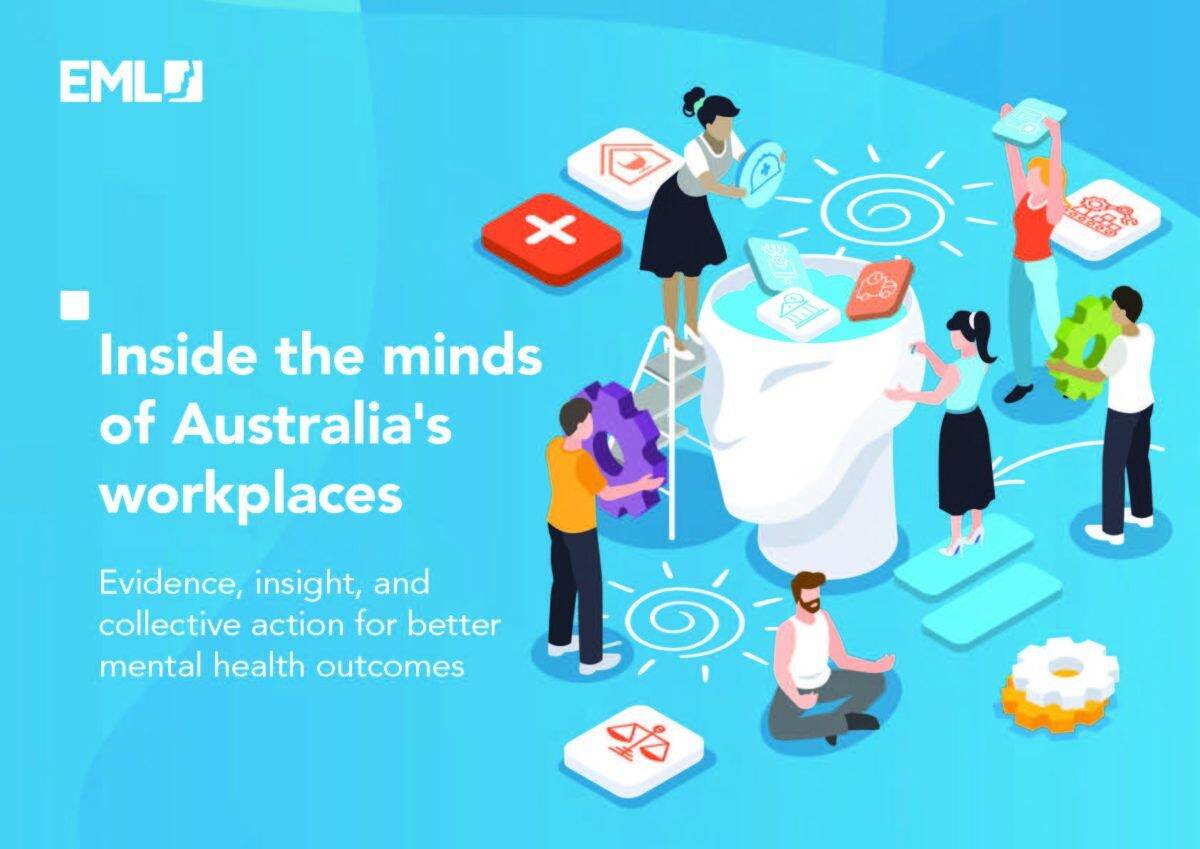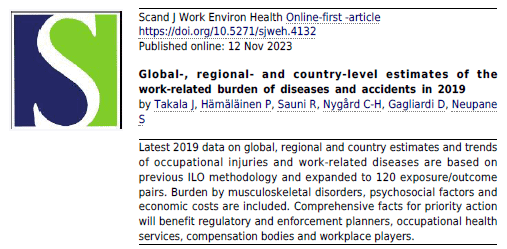This week, a colleague shared with me some bizarre experiences he had while negotiating with his company’s Employee Assistance Program (EAP) provider for basic data. It reminded me of the EAP role in preventing and managing psychosocial hazards at work. Australia’s psychological health regulations appear to have placed the EAP industry in a state of confusion and transition, which warrants consideration and the perpetual questioning of the effectiveness of EAPs. It may be that the days of the EAP, as traditionally configured, are over.
Category: statistics
Self-Reported Stress or Diagnosed Distress? New Mental Health White Paper Sparks Debate
On June 3 2025, workers’ compensation insurer EML released its white paper on mental health in Australian workplaces. The paper is full of recent data on worker perceptions of psychological health; however, its significance is limited by relying on self-reported survey data. More interesting information came from the Question and Answer panel session at the report’s Melbourne launch.
How did 2024 go?
At Christmas time, it is traditional for bloggers to reflect on the year past and to provide some basic statistics about their blog and readership. And thank the many loyal subscribers for their support.
The SafetyAtWorkBlog is a one-person operation that works out of usual business hours, supported by hundreds of dollars of media and legislative subscriptions and the occasional conference attendance. I try to provide exclusive content, and I thank my colleagues and subscribers who allow me access to many of their events that are closed to the public. With the parlous state of the media in Australia, I am often the only media presence at these events. I wish there were many more.
Continue reading “How did 2024 go?”“10 to 15% of suicides in the working population are attributable to work”
Job strain, job stress, and psychosocial hazards at work have become mainstream if a major public broadcaster produces radio programs and podcasts about them.
On March 15, 2024, the Australian Broadcasting Corporation’s This Working Life program interviewed Australian experts on job strain. The program offered the latest thinking on the prevalence of this hazard and what to do to prevent it.
Note: This article mentions work-related suicide.
Mental confusion
Recently, Safe Work Australia published exciting and important data about mental health at work. The data seems to support the assertion that psychosocial hazards at work are a significant risk, but I remain confused. I asked SWA to help unconfuse me and they have tried.
One of the biggest handicaps that occupational health and safety (OHS) has experienced over decades is translating data and research into terms and concepts that the layperson (of which I claim to be) can understand. OHS communication is improving, but more effort is needed.
No one seems to know why farm deaths have declined
This week’s Weekly Times, a major Australian agriculture newspaper, is reporting the good news that work-related deaths on farms have declined (not available online). The numbers from Safe Work Australia are positive, but the analysis of the reasons for the decline is thin.
New international and local workplace data should cause a reassessment of national OHS strategies
Earlier this week, the International Labour Organisation (ILO) released new data showing that in 2019:
“According to the latest estimates developed by the ILO and covering the year 2019, over 395 million workers worldwide sustained a non-fatal work injury.”
More research on global work-related deaths has been released. This time, it was through the Scandinavian Journal of Work, Environment, and Health and with regional data breakdowns. This latest report includes some important statistical data about psychosocial exposures at work.







